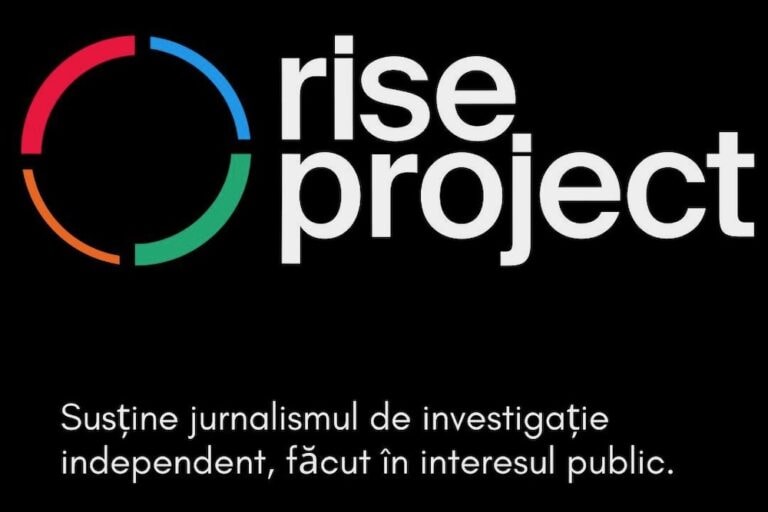(ARTICLE 19/IFEX) – In a 31 May 2001 letter to Prime Minister Göran Persson, ARTICLE 19, the Global Campaign for Free Expression, noted that it is currently working in conjunction with the Centre for Independent Journalism and the Romania Helsinki Committee as part of its Democracy in Practice Project. This project is taking place in […]
(ARTICLE 19/IFEX) – In a 31 May 2001 letter to Prime Minister Göran Persson, ARTICLE 19, the Global Campaign for Free Expression, noted that it is currently working in conjunction with the Centre for Independent Journalism and the Romania Helsinki Committee as part of its Democracy in Practice Project. This project is taking place in five southeastern European countries with the aim of improving freedom of information legislation and reducing the illegitimate use of defamation laws. It also includes campaigning against criminal defamation laws where they still exist.
ARTICLE 19 is concerned that despite international pressure exerted on the Romanian government to reform the defamation provisions contained in its Criminal Code, it remains unresponsive and no amendments have yet been made. Resolution 1123 (1997), issued by the Parliamentary Assembly of the Council of Europe on the “honouring of obligations and commitments by Romania”, explicitly referred to Romania’s failure to reform this legislation which, it noted, “seriously imperils the exercise of fundamental freedoms”. There are currently over two hundred people imprisoned in Romania who have been prosecuted for violating criminal defamation laws.
The imposition of custodial penalties for the crime of defamation is disproportionate and unnecessary. International law only sanctions such penalties in the most extreme situations which incite violence, hatred or discrimination. In addition, the threat of prosecution under criminal defamation laws inevitably fosters self-censorship amongst journalists. With many independent newspapers already facing the daily difficulty of maintaining high standards with depleted resources, the possibility of a costly defence in court is sufficient to deter rigorous investigative reporting. No legitimate state interest is engaged in the process of protecting an individual’s public reputation or honour and its enforcement through the criminal justice system is unwarranted. These issues should be treated entirely as civil matters.
Whilst improvements to the defamation provisions in the penal code have been adopted by the Romanian Chamber of Deputies, the Senate has not yet approved the changes. Furthermore, the Ministry of Justice is currently attempting to reverse the amendments proposed under the former government and to reintroduce insult as a criminal offence, punishable by five years imprisonment. The Ministry of Justice is also proposing that the law should not only protect all persons who perform a public function as is stated in the existing law, but that protection should extend specifically to the presidency, government, parliament and Supreme Court. The introduction of these amendments to the draft of the law currently being discussed in the Senate was to be considered by the government on Thursday 31 May. If passed, these amendments would broaden the scope of the criminal defamation provisions and even further restrict freedom of expression in Romania. Our partner organisations in Romania are currently lobbying the government to prevent these developments and would welcome greater international support.
Recommended Action
Send appeals to the prime minister:
– noting that he recently met with the Romanian Prime Minister to discuss the process of EU enlargement
– urging him to encourage the Romanian government to repeal its criminal defamation provisions in order to meet international standards as part of the pre-accession procedure
– calling on him to ensure that Romania continues on the path towards being a truly democratic state as it is crucial in a democratic society to actively encourage the interchange of opinions
– asking him to ensure that those in positions of power and responsibility are held accountable to the electorate by exposure to legitimate inquiry and criticism of the exercise of their public duties
Appeals To
Prime Minister Göran Persson
The Office of the Prime Minister
Rosenbad 4
103 33 Stockholm
Fax: +468 723 1171
Please copy appeals to the source if possible.


